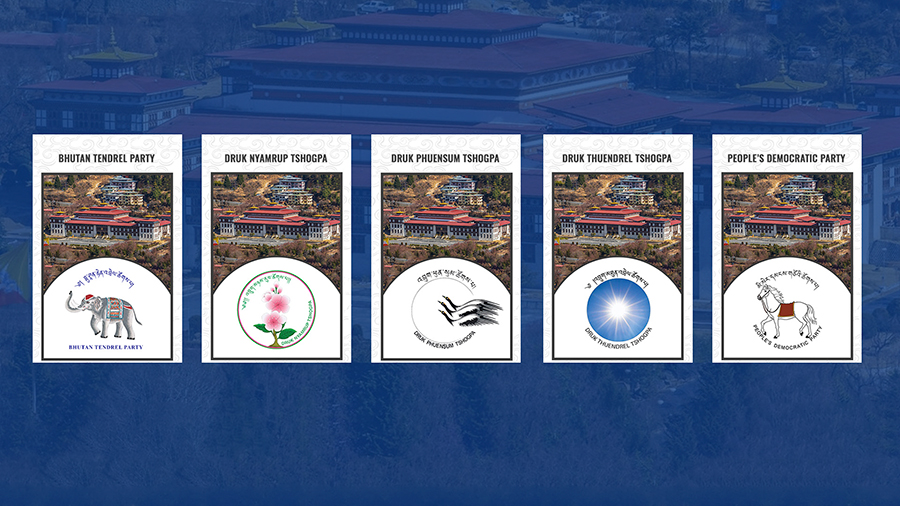
Bhutan, over the years, has achieved many public health indicators but the country has a lot more to battle. Besides the shortage of financial resources, trained manpower and unequal access to care, the health system is challenged with non-communicable diseases and mental health issues. These issues call for the next elected government to begin serious healthcare reform efforts. So, for the Fourth National Assembly Elections, the five political parties have highlighted their approach towards managing the country’s ailing health system in their respective manifestos.
The Bhutan Tendrel Party or BTP promises to enhance health service delivery, health workforce, health information, access to essential medicines, financing, and leadership.
Of all the pledges, the party prioritises the introduction of an Annual Sowai Zhabto for all citizens.
It will be a comprehensive annual screening for early detection and timely treatment while continuing with annual school health check-ups.
Moreover, the party promises to provide palliative care to individuals with terminal illnesses, movement difficulties, and the elderly. Care attendants can contact the home health care unit, to optimise quality of life and mitigate suffering among people with chronic illnesses.
Similarly, the Druk Nyamrup Tshogpa or DNT pledges to control and prevent diseases, strengthen the quality and quantity of the health workforce, and improve access to quality services among others.
However, the party highlights the construction of the multi-disciplinary super speciality hospital.
The hospital will have liver transplants, super speciality fertility services, open heart surgeries and dedicated plastic surgery services. The hospital will have a dedicated ENT hospital, cancer hospital and mental hospital.
Additionally, the party promises to eliminate cervical cancer by 2030 and continue screening, early detection, and curative treatment for stomach cancer.
The Druk Phuensum Tshogpa or DPT promises to improve health services.
The party emphasises expanding the coverage of quality healthcare services through improved modern facilities and well-trained healthcare professionals in hospitals and health centres.
Further, the party commits to encourage population growth.
The party pledges to introduce family-friendly policies such as providing affordable childcare, state support for the education of the third and subsequent children of a couple and put in place creches at offices to support mothers.
The party also promises to increase the paternity leave to 1 month.
As for the Druk Thuendrel Tshogpa or DTT, the party commits to preventing diseases and promoting health.
The party pledges to carry out disease screening of every citizen in the first year, reduce non-communicable disease risk factors by 50% and ensure quality of life for people living with disabilities and chronic diseases.
The party also promises to reduce hospital waiting time to less than 15 minutes and introduce a scheme for extra hours and extra earnings, where health professionals can make additional income, operating after normal working hours.
The People’s Democratic Party or PDP pledges to provide a guaranteed citizen healthcare service programme.
Under the programme, the party will ensure all health centres have adequate staff with at least one doctor and a female health worker.
The party promises to provide health services such as medical examinations and blood tests at patients’ homes for the elderly and those with disabilities.
The party also commits to upgrading health infrastructure and system by upgrading the National Referral Hospital as a super-specialist teaching centre, starting a cancer hospital in Thimphu and, Mother and Child Hospital in Gelephu among others.
Kinzang Lhaden
Edited by Sangay Chezom








